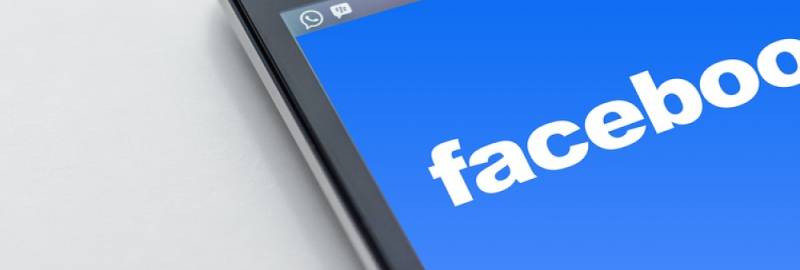
While Russia continues to carry out military operations in Ukraine, the authorities there have stepped up their attack on the internet, social media platforms and information networks. Facebook is the latest casualty, with the state-run Russian channels being blocked for spreading misinformation. In response, the Russian authorities have started to block Facebook on a widespread basis.
The head of the company's international affairs department, Nick Clegg, stated that the tech giant would make every effort to restore access to its platforms. He commented that millions of Russian users have lost their means of communication with relatives and access to verified information published by independent media. During this crisis, being able to read reliable news is vital.
The Russian authorities have been carrying out a large-scale attack on domestic and foreign information platforms, restricting access to them. Over the past week, Deutsche Welle, The New York Times, BBC, and Voice of America were blocked for their allegedly inaccurate representation of the actions of the Russian military on Ukrainian territory.
Some news outlets have been known to remove content that the Russian authorities deem questionable in order to avoid bans. However, this does not always work and some companies' websites are still blocked. This is due to a law that was passed in Russia making it a crime to spread disinformation (with a potential sentence of up to 15 years).
Tell us your thoughts on the current media landscape. Do you think that the blocking of independent media has a negative impact on the flow of information in general?